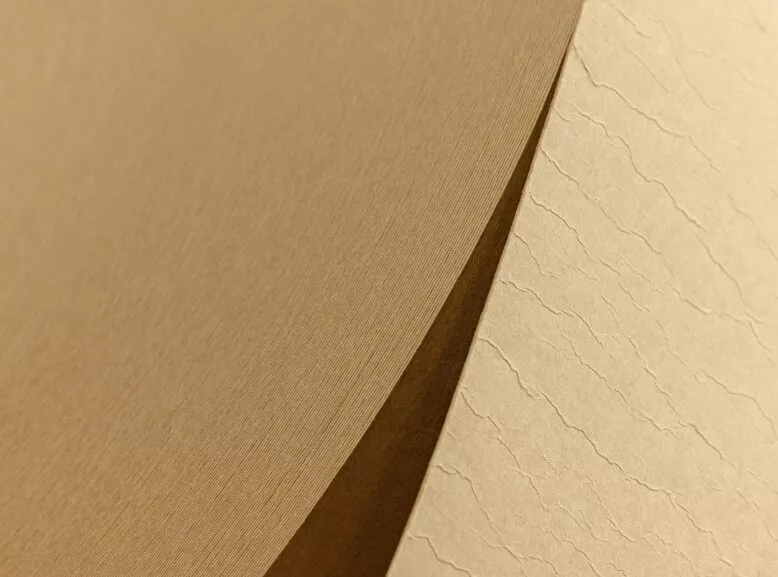ENVIRONMENT
AN ENERGY-EFFICIENT
process
Energy efficiency is a major issue both for environmental and economic considerations.
Indeed, the process of transforming fiber through dry methods requires less energy than many competing technologies, thus reducing the overall energy footprint of our products.
The absence of water in the process spares us from the energy-intensive constraints related to its removal. Coupled with the origin of our energy supplies, the mastery of our driving force contributes to the low-carbon footprint of the technology.

THE PRESERVATION
of water
Indeed, instead of using water, we employ air to process and convey the material before forming it.
This approach eliminates the use of water, thus preserving natural reserves and preventing impact on effluents.
In addition to being a real productivity asset, this technological specificity is beneficial for the environment.

SUSTAINABLE MANAGEMENT
Of resources
We also pay special attention to the use of renewable resources.
The fibers we use are sourced from FSC (Forest Stewardship Council) certified forests: we ensure that our supplies are sustainably managed.
The FSC system offers a set of standards that, when applied by forest managers, guarantee responsible management and traceability of products to the end consumer.

GUARANTEED
reyclability
The recyclability of our products is a crucial aspect of our eco-responsible approach.
Our products from dry molded fibers process are perfectly suited for integration into the paper/cardboard recycling sector, which is well-developed in France.
Our solutions are designed to be recycled and, in some cases, composted. This approach ensures that our products help to reduce waste impact, thereby aligning our efforts with the principles of the circular economy.
